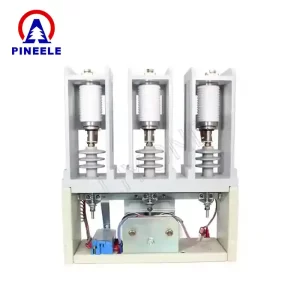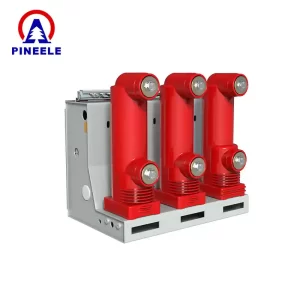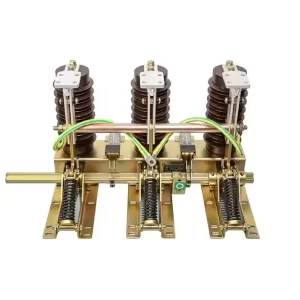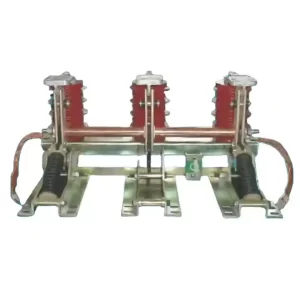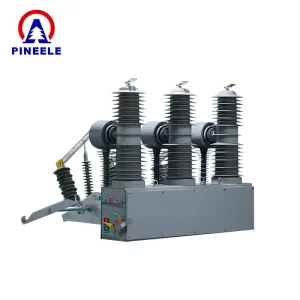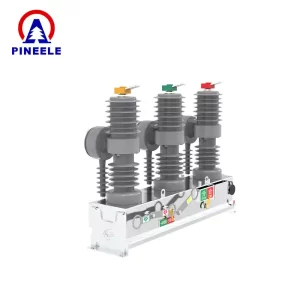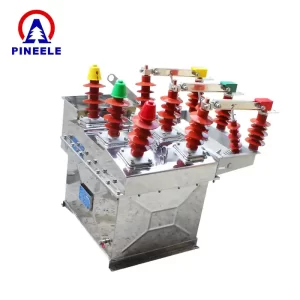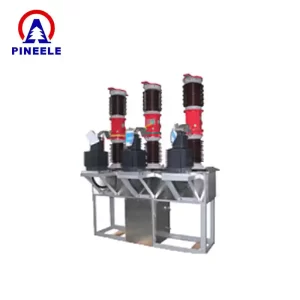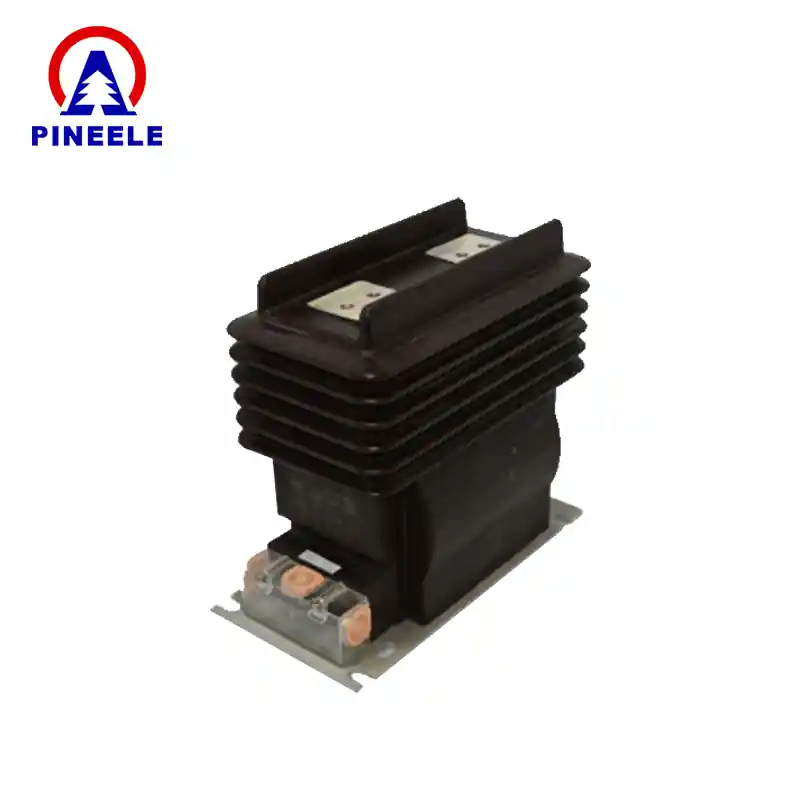
Introduction to the 0-10V Current Transformer
The 0-10V current transformer represents a modern evolution in current sensing technology. Unlike conventional current transformers (CTs) that deliver a secondary current output (typically 1A or 5A), a 0-10V CT provides a voltage-based analog signal that linearly corresponds to the measured current. This makes it ideal for direct integration with analog input devices such as PLCs, data acquisition systems, and building automation controllers.
This type of transformer is widely appreciated for its simplicity, safety, and ability to provide real-time, high-accuracy measurements in diverse environments.
Applications of the 0-10V Current Transformer
Versatile and compact, the 0-10V CT can be found in numerous settings:
- Building Management Systems (BMS)
Enables efficient energy tracking and HVAC load monitoring. - Industrial Automation
Provides real-time current data for motor control, protection systems, and programmable logic controllers (PLCs). - Commercial Electrical Panels
Facilitates branch-level energy metering and demand-side management. - Renewable Energy Systems
Used in solar and wind applications to monitor output current before grid tie-in. - OEM Equipment
Embedded in intelligent switchgear and smart meters.
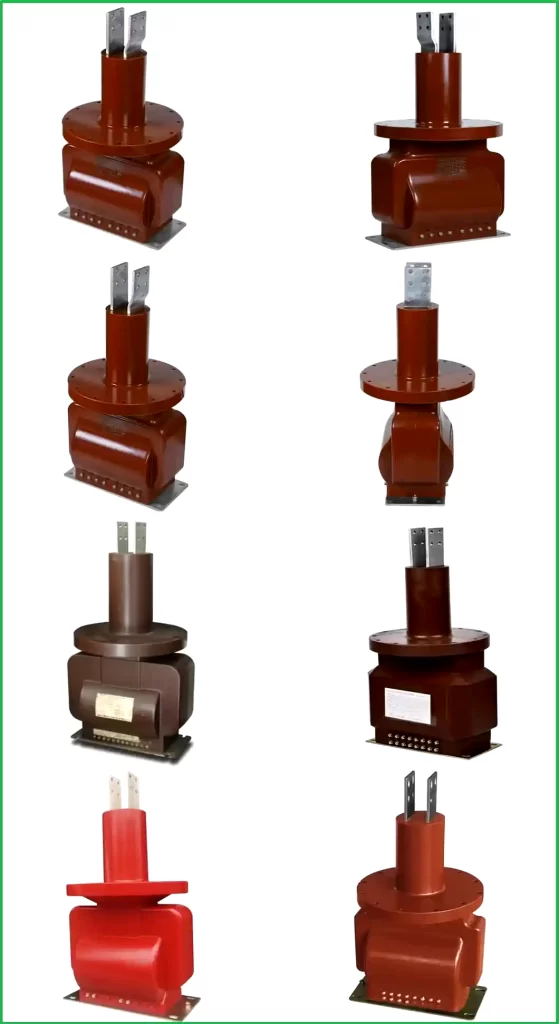
Industry Context and Market Trends
As the global industrial automation そして energy efficiency sectors evolve, so does the demand for compact, accurate, and integrable current sensors. According to MarketsandMarkets, the current sensors market is projected to reach over USD 3.3 billion by 2027, driven by increasing investments in industrial monitoring and smart grid systems.
Organizations such as IEEE そして IEEMA recognize analog voltage-output sensors as essential components for signal integration in modern control systems. Furthermore, Wikipedia’s article on Current Transformers highlights the growing preference for voltage output types in low-voltage automation systems due to their safer installation procedures and compatibility with digital equipment.
技術仕様
A typical 0-10V current transformer offers the following parameters:
- Input Current Range: 0–50A / 0–100A / 0–150A / 0–200A
- Output Signal: 0–10V DC linear analog voltage
- Accuracy Class: Class 1.0 or 0.5 (depending on model)
- Frequency Range: 50Hz / 60Hz
- Operating Temperature: -25°C to +70°C
- Storage Temperature: -40°C to +85°C
- Insulation Resistance: ≥100MΩ at 500V DC
- Dielectric Strength: 2.5kV AC, 60 seconds
- Response Time: <250 ms
- Output Load: ≥2kΩ (for accurate voltage measurement)
- Mounting: DIN-rail or surface-mount
- Enclosure: Flame-retardant ABS, often IP20/IP40 rated
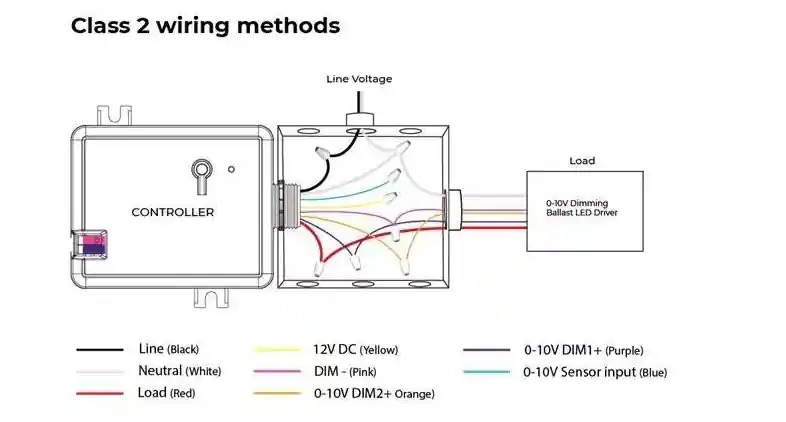
Comparison: 0-10V CT vs Traditional CT
| Feature | Traditional CT (1A/5A Output) | 0-10V CT |
|---|---|---|
| Output Type | Current | Voltage |
| Burden Resistor Needed | Yes | No |
| Wiring Complexity | High | Low |
| Signal Compatibility | Requires conversion | Direct analog input |
| Safety on Open Secondary | Dangerous | Safe (voltage circuit) |
| Preferred Use Case | Legacy systems | Modern automation and energy systems |
While traditional CTs are still suitable for many high-power distribution systems, 0-10V CTs offer an advantage in modern, low-voltage control environments where signal simplicity and safety are key considerations.
Buying Advice and Selection Tips
Selecting the right 0-10V CT depends on several application-specific factors:
- Input Current Rating
Choose a transformer rated slightly above your maximum operating current for optimal range and accuracy. - Accuracy Class
Applications involving energy audits or billing should use Class 0.5 or better. - Controller Compatibility
Ensure the receiving device supports 0–10V input signals and has the appropriate input impedance. - Form Factor
Use split-core CTs for retrofitting existing installations without disconnecting wiring; use solid-core CTs for new installations requiring better accuracy. - Environment
For outdoor or industrial environments, consider models with higher IP ratings そして extended temperature tolerance. - Certifications
Reputable brands like ABB, LEMそして Schneider Electric offer UL or CE certified options that comply with IEC 61869 standards.
Frequently Asked Questions (FAQ)
A: As long as the system accepts a 0–10V analog input and has a suitable input impedance (typically ≥2kΩ), integration is usually straightforward. Always refer to the device’s specifications.
A: No. This product is designed for AC current monitoring. For DC, consider using a Hall effect sensor or a shunt with signal conditioning.
A: A load impedance below the specified minimum can distort the voltage signal and lead to inaccurate measurements. It may also increase thermal stress on the Transformer guide’s internal components.
The 0-10V 変流器ガイド は reliable, safe, and integrable tool for current monitoring in today’s automation-driven environments. With its straightforward signal output, easy installation, and compatibility with a wide range of controllers, it has become a preferred choice for energy-conscious industries and smart building infrastructures.
By understanding the specifications, installation practices, and selection criteria, engineers and procurement specialists can maximize performance and ensure long-term reliability. For authoritative guidance, refer to technical resources from IEEE, Schneider Electricそして Wikipedia to make an informed decision.
